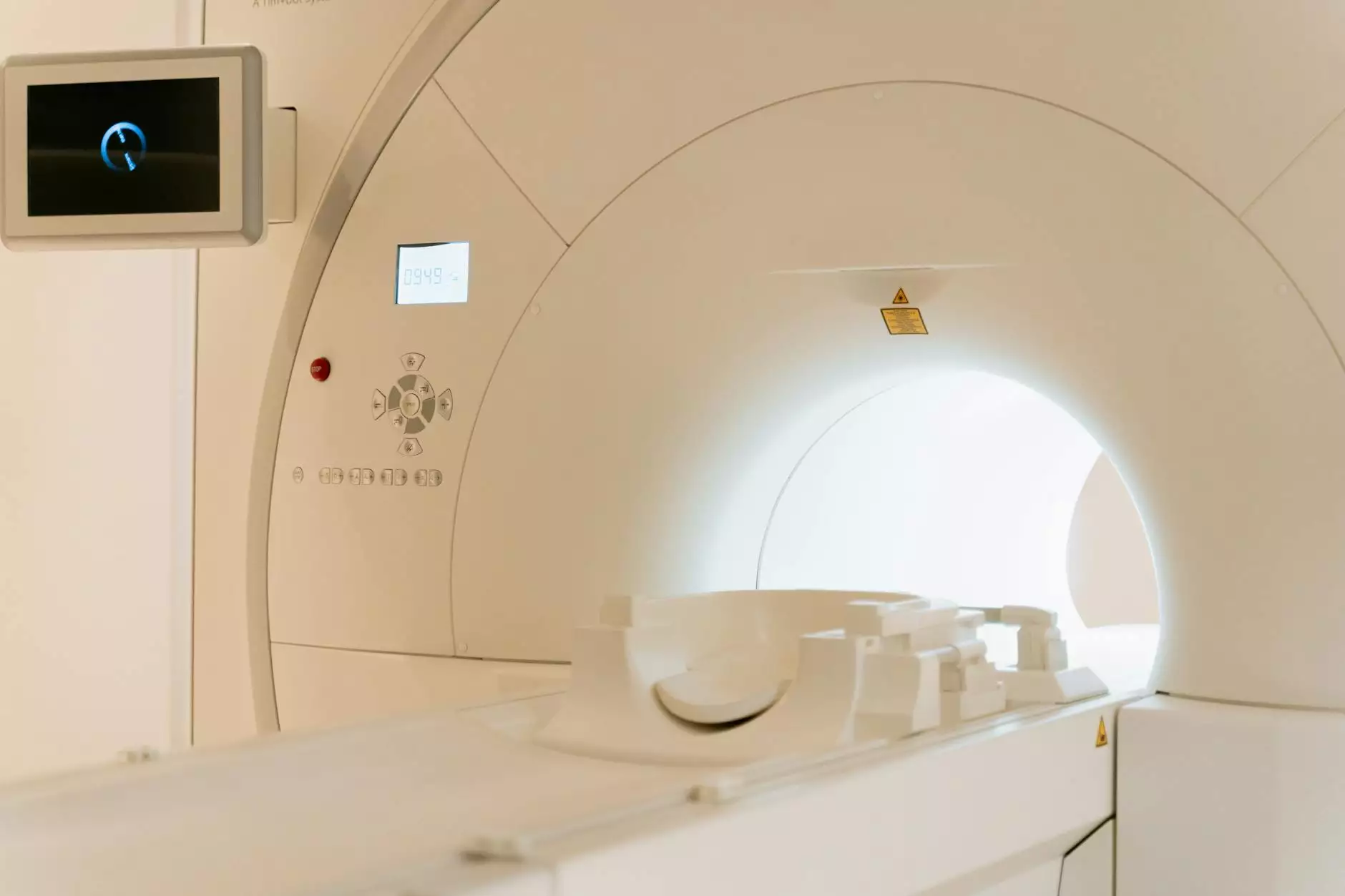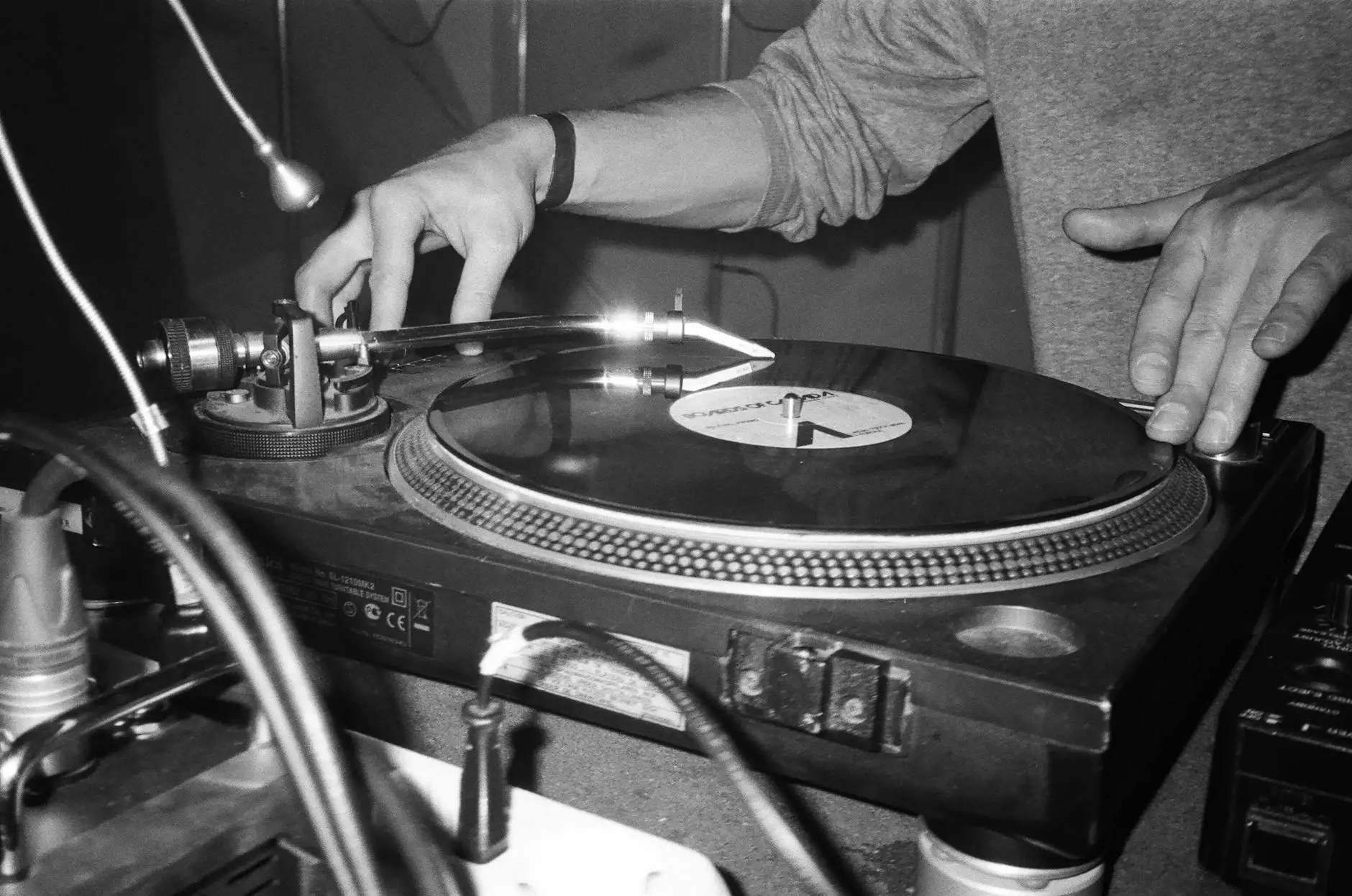Enhancing Healthcare with Exceptional MRI Equipment Service

In the rapidly evolving world of healthcare, diagnostic imaging plays a pivotal role in patient care. Among the various imaging modalities, Magnetic Resonance Imaging (MRI) stands out due to its unparalleled ability to produce detailed images of the body’s internal structures. However, the efficacy of MRI hinges significantly on the quality and reliability of the equipment being used. This is where MRI equipment service comes into play, ensuring that healthcare facilities maintain their imaging systems at peak performance.
Understanding MRI and Its Importance in Healthcare
MRI is a non-invasive imaging technique that utilizes strong magnetic fields and radio waves to generate detailed images of organs and tissues within the body. It is particularly invaluable in diagnosing a range of health conditions, including but not limited to:
- Brain disorders, such as tumors or strokes
- Spinal cord injuries
- Joint abnormalities and ligament tears
- Internal organs, including the heart, liver, and kidneys
- Cancers and detection of other diseases
The precision and clarity of MRI scans are vital for effective diagnosis and treatment planning, which directly impacts patient outcomes. Consequently, ensuring that MRI machines function optimally is critical, necessitating a robust MRI equipment service strategy.
The Role of MRI Equipment Service
MRI equipment service includes a comprehensive suite of activities aimed at maintaining, repairing, and upgrading MRI machines. A well-structured service plan typically encompasses the following:
1. Routine Maintenance
Regular maintenance is essential for preventing unexpected breakdowns and ensuring the longevity of MRI systems. This includes:
- Calibration: Ensuring that the imaging equipment produces accurate results.
- Cleaning: Dust and debris can affect performance, making regular cleaning critical.
- Software Updates: Staying current with the latest software to enhance imaging capabilities.
2. Troubleshooting and Repairs
Despite best efforts in maintenance, issues can still arise. Rapid response time for repairs limits downtime and maintains patient care quality. Top services include:
- Diagnostic Services: Quick identification of problems within the MRI system.
- Parts Replacement: Timely replacing of worn or malfunctioning components.
3. Technical Support
Expert technical support is crucial for resolving complex issues that may arise. Specialized teams can provide:
- Remote Support: Assistance via phone or online to troubleshoot minor issues.
- On-Site Support: In-depth assistance for more complex problems requiring physical intervention.
4. Upgrades and Refurbishments
As technology advances, older MRI systems may require upgrades or refurbishments to maintain competitive imaging capabilities. This includes:
- Hardware Upgrades: Improving existing equipment with advanced technology.
- Software Enhancements: Installing the latest software packages for enhanced imaging quality.
Benefits of Consistent MRI Equipment Service
Implementing a dedicated program for MRI equipment service brings a multitude of benefits to healthcare facilities, including:
1. Improved Patient Outcomes
When MRI machines are well-maintained, the quality of imaging improves substantially, leading to more accurate diagnoses. This, in turn, facilitates:
- Timely treatment decisions
- Reduced need for repeat scans
- Overall enhancement in patient experiences and trust
2. Cost Efficiency
Investing in regular MRI equipment service helps avert costly repairs and replacements down the line. Facilities can avoid:
- Expensive emergency repairs
- Loss of revenue due to machine downtime
- Increased operational costs associated with outdated technology
3. Compliance with Regulations
Healthcare facilities must adhere to strict regulations concerning diagnostic imaging equipment. Consistent service helps ensure compliance with standards set by governing bodies, thereby mitigating the risk of penalties.
4. Extended Equipment Lifespan
Regular maintenance significantly prolongs the lifespan of MRI machines, allowing healthcare providers to maximize their investments over time. This is crucial for facilities operating on tight budgets.



